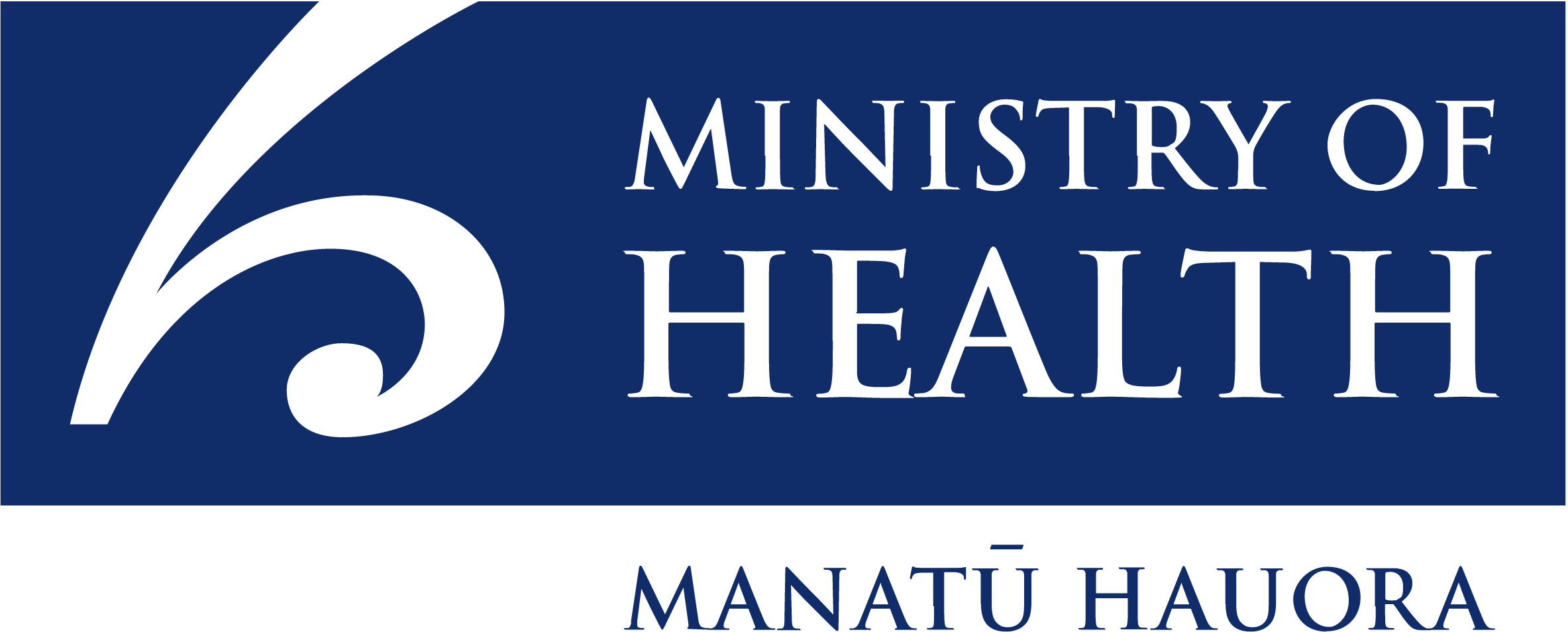Submission on amendments to the schedule of the Medicines (Designated Pharmacist Prescribers) Regulations 2013 and Schedule 1B of the Misuse of Drugs Regulations 1977
Overview
Purpose
The Ministry of Health invites submissions on proposed amendments to the schedule of specified prescription medicines for designated pharmacist prescribers.
The Ministry of Health, on behalf of the Director-General, must consult with those people or organisations that may be affected by a change to the schedules before making a legal change by Gazette notice.
This submission will allow you to provide feedback on the proposed medicines, or to propose medicines that have not been referenced.
Please submit your feedback on the proposed amendments by 9 August 2021.
Note that specific questions you may have about the proposed prescription medicines or controlled drugs for designated pharmacist prescribers should be directed to the Pharmacy Council.
Background
Designated pharmacist prescribers have met specific requirements and are registered in an additional scope of practice by the Pharmacy Council.[1] They work in collaborative multidisciplinary teams and only prescribe medicines within their specific area of practice. Additional information on requirements and practice context is provided in the “Who/What is a Designated Pharmacist Prescriber?” section.
The current schedule of 1,517 prescription medicines has been in effect since the Medicines (Designated Pharmacist Prescribers) Regulations passed into legislation in June 2013. Since then, additional medicines have become available in New Zealand, to which wider access would benefit patients. The schedule needs to be amended to reflect these additional medicines.
Required Amendments to Schedules
Following work with pharmacist prescribers and Ministry of Health, the Pharmacy Council recommends 198 prescription medicines should be added to the schedule of the Medicines (Designated Pharmacist Prescribers) Regulations 2013.[2]
Schedule 1B of the Misuse of Drugs Regulations 1977 specifies 25 controlled drugs that may be prescribed by designated pharmacist prescribers. Three controlled drugs should be added to this schedule.
Who/What is a Designated Pharmacist Prescriber?
The Medicines (Designated Pharmacist Prescriber) Regulation 2013 and Misuse of Drugs Regulations 1977 permit designated pharmacist prescribers to prescribe specified prescription medicines.
Pharmacy Council sets the Pharmacist Prescriber scope of practice and the required qualifications to enter the scope. These are published in a Gazette notice. The prescribing activities of designated pharmacist prescribers are therefore tightly regulated via the Medicines Act 1981, the Misuse of Drugs Act 1975, and the Health Practitioners Competence Assurance Act 2003.
Pharmacy Council also sets expected levels of competence and requirements for entry into the scope. Requirements include:
- holding an annual practising certificate in the Pharmacist scope of practice;
- having at least three (3) years of recent and appropriate post-registration experience working in a collaborative health team environment;
- holding a qualification prescribed by the Pharmacy Council for entry into the Pharmacist Prescriber scope;
- submission of a practice plan which is endorsed by the clinical lead of their collaborative healthcare team; and
- a declaration that their current practice includes competence standards M1, M2 and O1 from the Competence Standards for the Pharmacy Profession, and all of the Pharmacist Prescriber Competence Standards.[3]
Designated pharmacist prescribers must prescribe within a collaborative and multidisciplinary health team setting. In this environment it is inherent that the designated pharmacist prescriber is part of the patient’s collaborative healthcare team. Although the designated pharmacist prescriber is not the primary diagnostician in the collaborative healthcare team, they must be able to carry out clinical assessments and monitoring that are relevant to the medicines and conditions for which they prescribe.
The designated pharmacist prescriber must only prescribe within the limits of their professional expertise, competence and ethical codes of practice. They are responsible and accountable for the prescribing decisions they make and the care they provide. A designated pharmacist prescriber may only prescribe a medicine if they:
- possess the appropriate knowledge and competence (both clinical and cultural);
- the condition and medicine lie within their specified clinical area of practice, and;
- the clinical lead of the collaborative team is satisfied that pharmacist prescribing of the medicine is safe, aligns with legal and workplace protocols, and is in the best interests of the patient.
Additional information on designated pharmacist prescribers including requirements to enter the scope of practice and competence standards can be found on the Pharmacy Council website.
[1] Pharmacy Council is the regulator for the pharmacy profession (including pharmacist prescribers) in Aotearoa New Zealand and is mandated by the Health Practitioners Competence Assurance Act 2003.
[2] Not all of the medicines proposed are currently Medsafe approved. Current legislation does not authorise pharmacist prescribers to prescribe unapproved products, therefore these proposals are forward-looking to avoid barriers accessing important medicines which may become available in New Zealand (such as dulaglutide for type 2 diabetes).
[3] View the full Competence Standards for the Pharmacy Profession 2015 and Pharmacist Prescriber: Prescribing competency framework and standards on the Pharmacy Council website.
Audiences
- Health sector
- Members of the public
Interests
- Pharmacy
- Workforce

Share
Share on Twitter Share on Facebook